Richard Wright
Richard Wright spent a lifetime writing against racism. The son of a Natchez sharecropper and a high school teacher, Wright grew up in Adams County and Jackson, before moving to Chicago in the 1920s. In Uncle Tom’s Children (1938) and Native Son (1940), he gave voice to the experience of American racism. In Black Boy (1945), he wrote about his personal encounters with racism. Wright joined the Communist Party in Chicago, but, finding no answers, discontinued his associated after 10 years. In 1958, his last novel—The Long Dream—returned to the theme of racism.
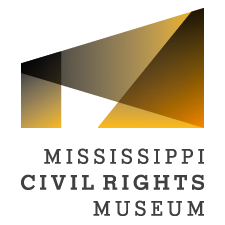
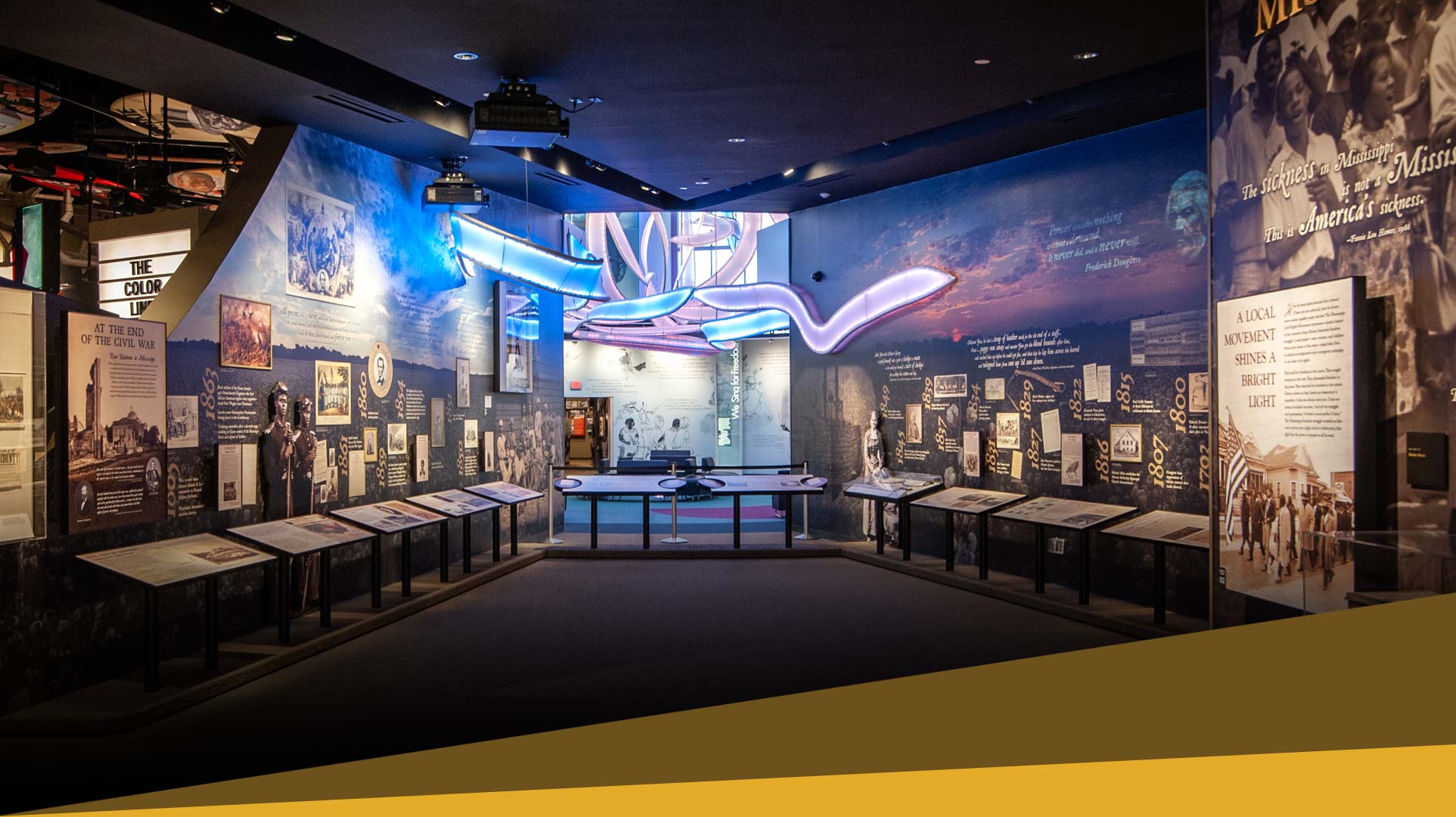
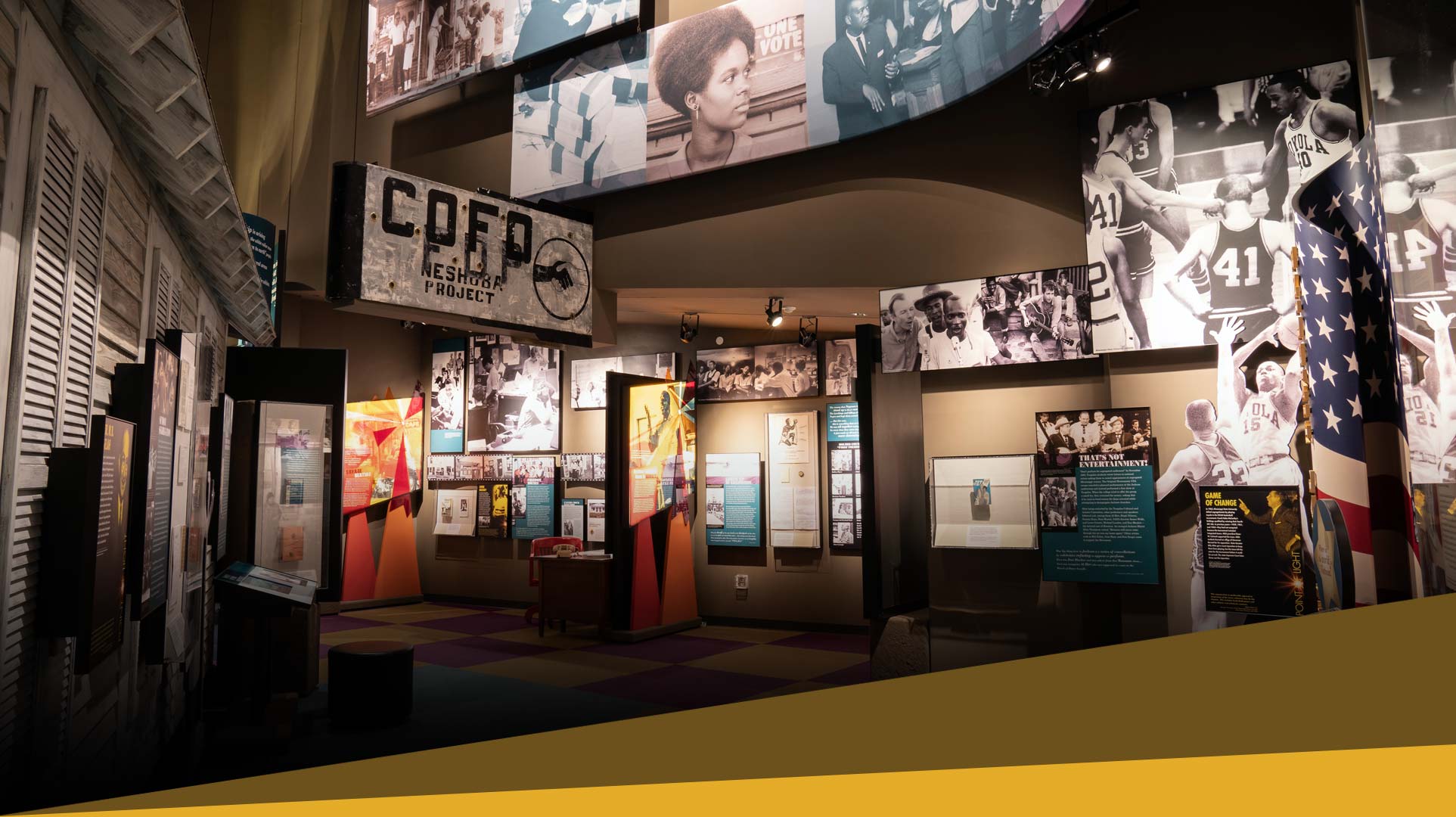
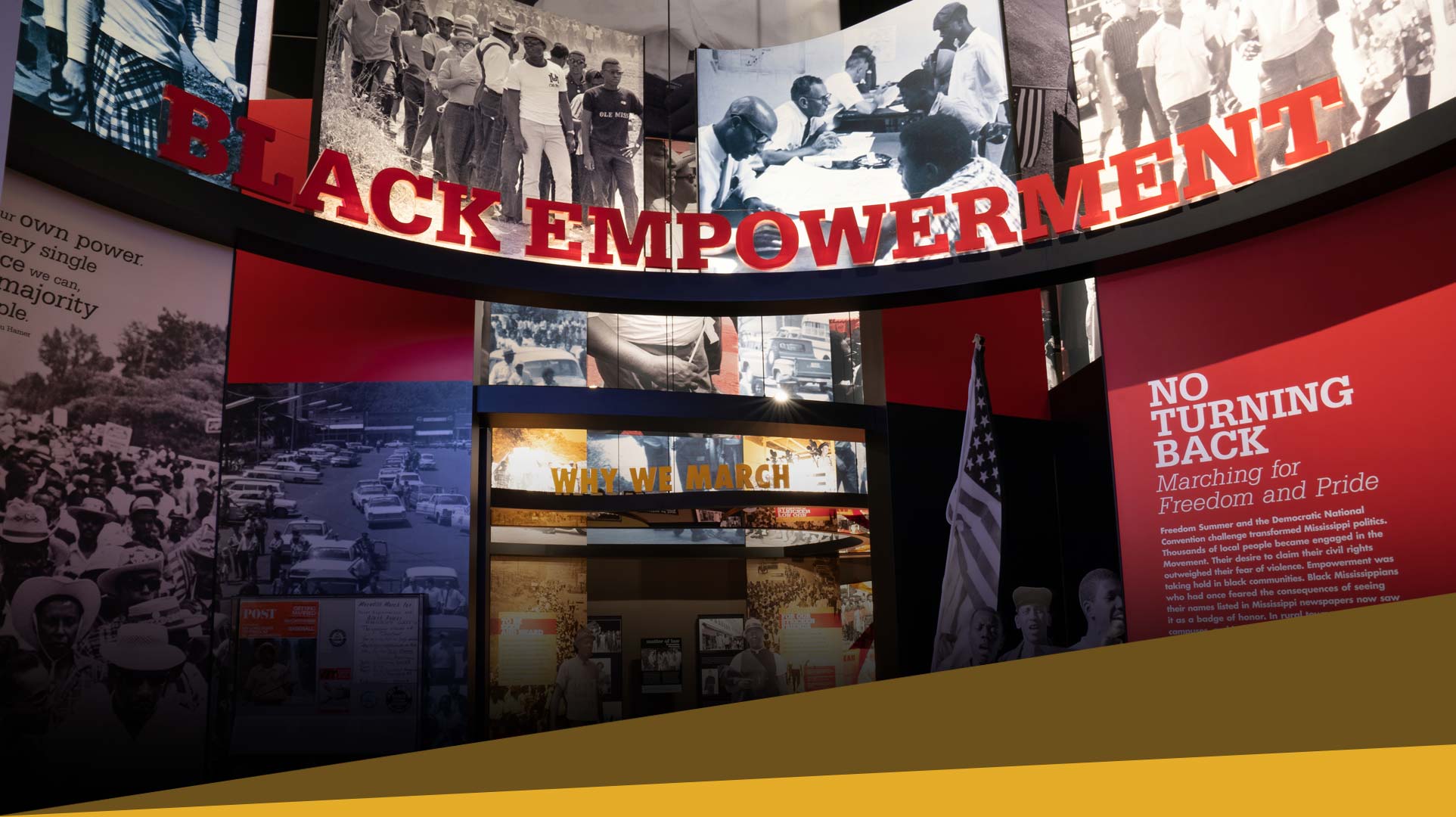
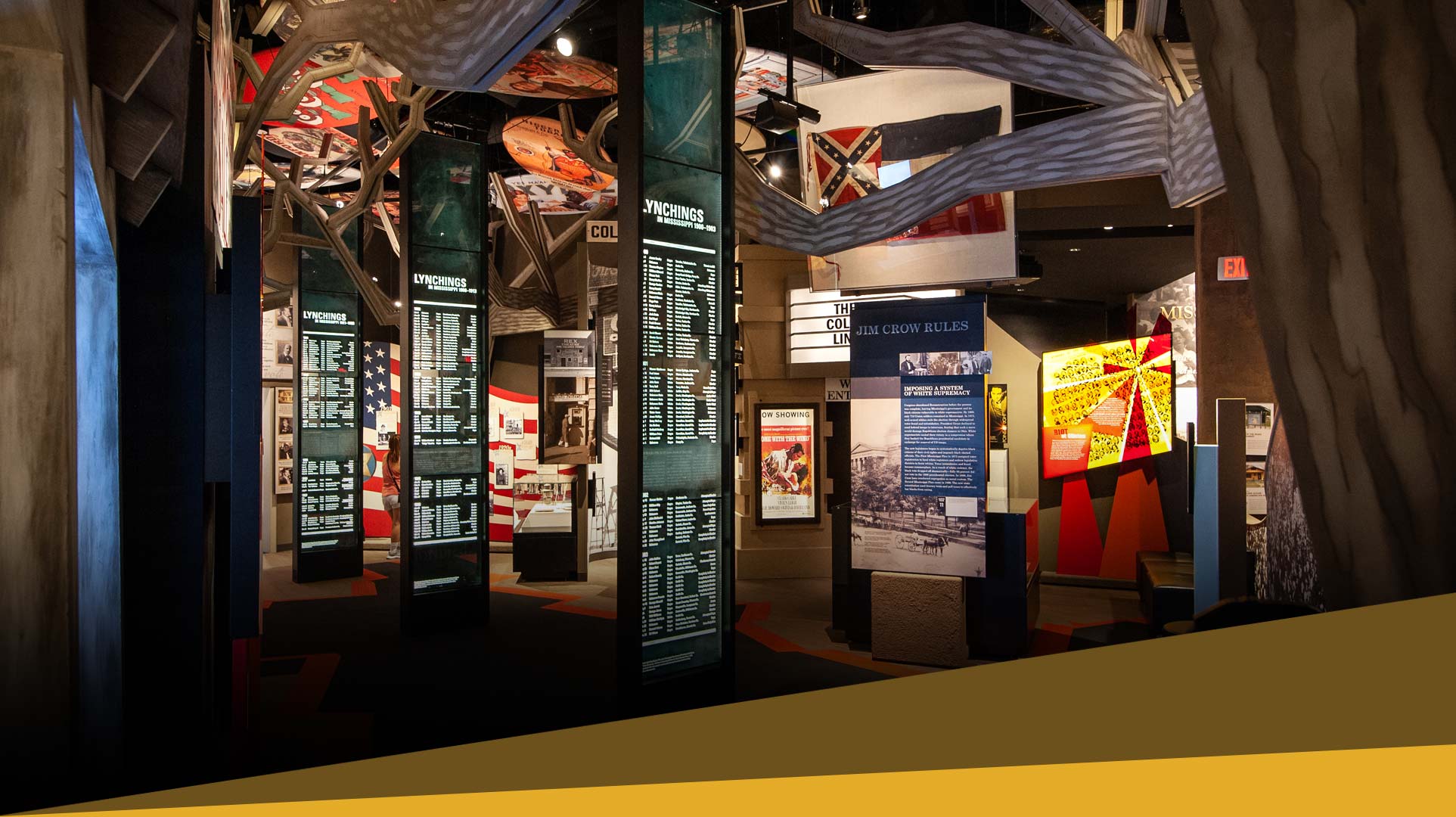
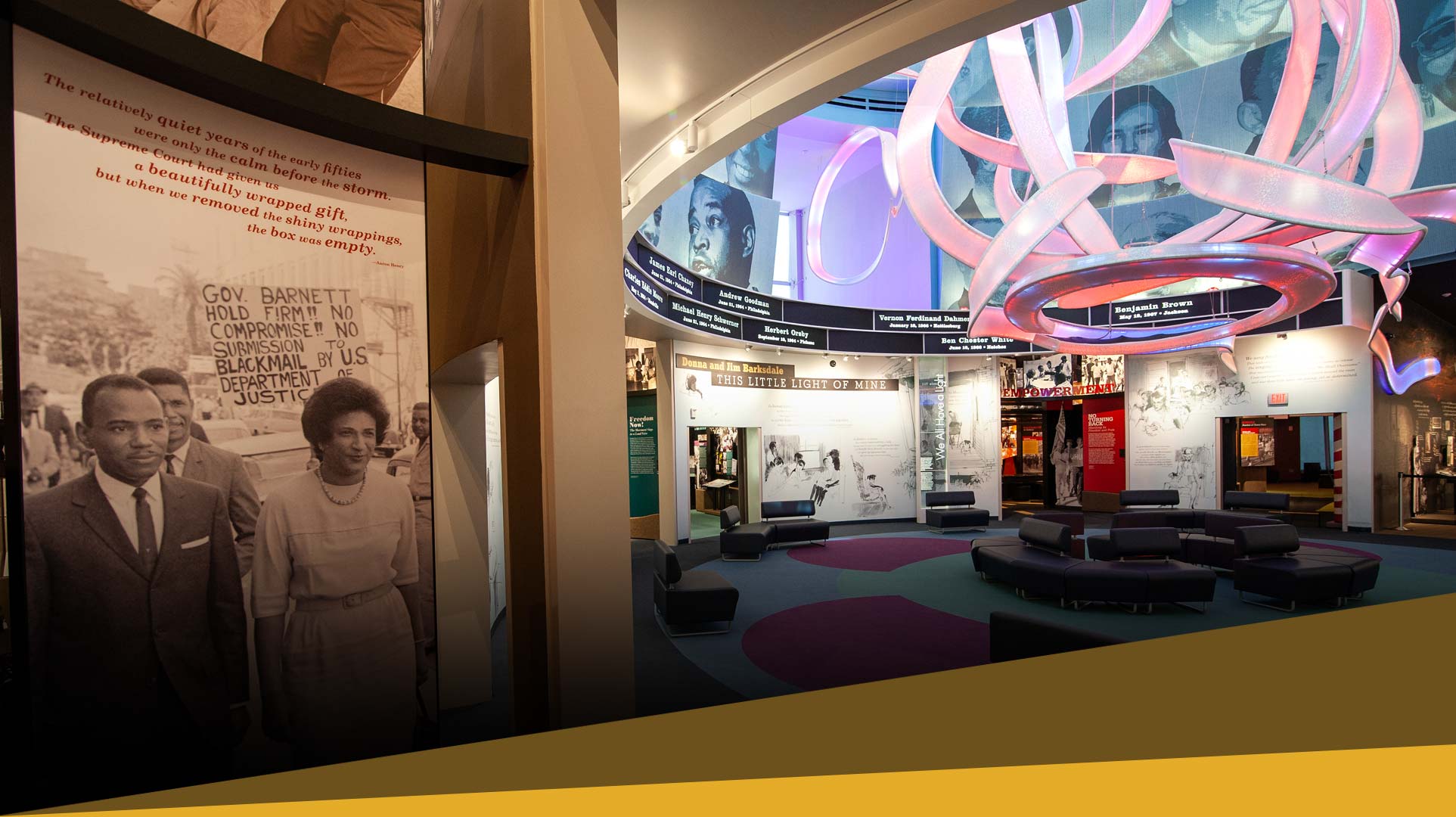
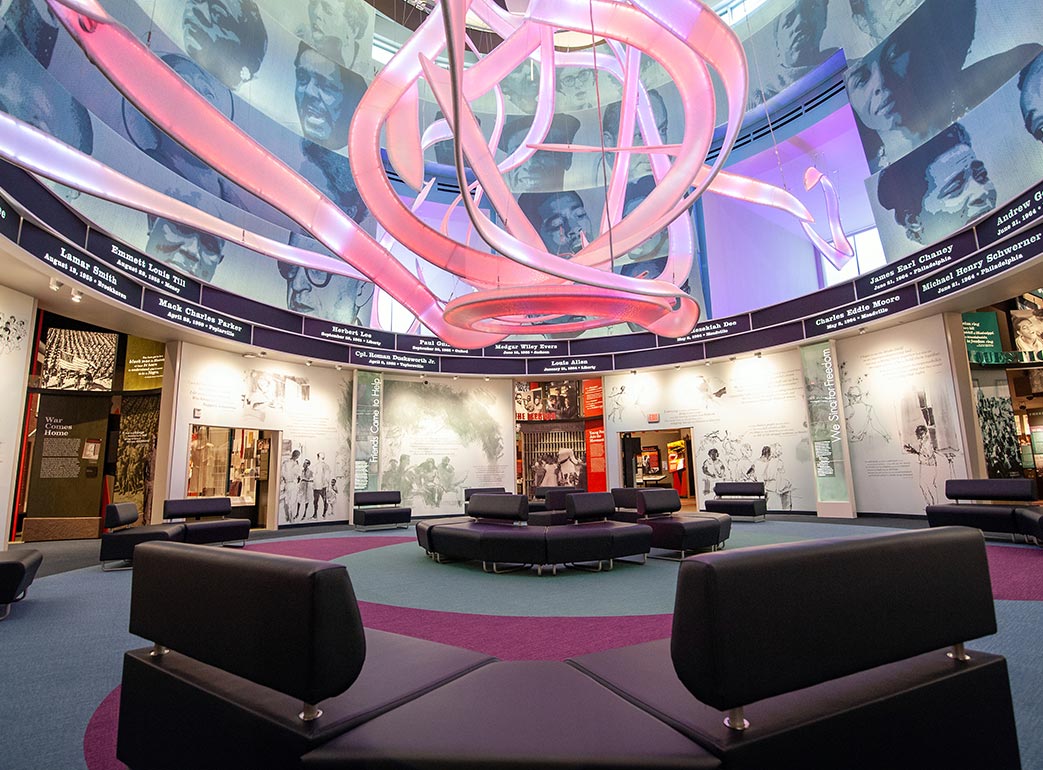

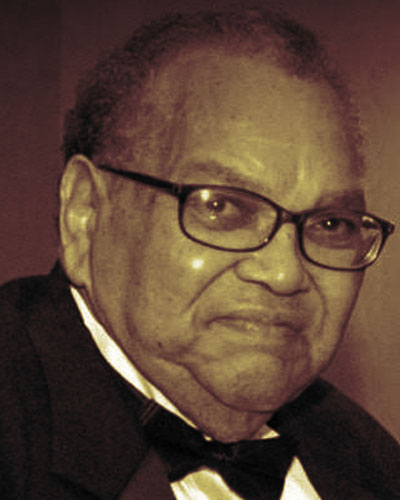
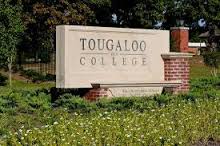 Became a primary center of activity of the Civil Rights Movement in Mississippi
Became a primary center of activity of the Civil Rights Movement in Mississippi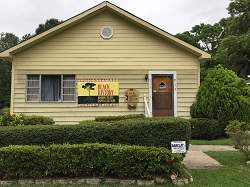 Features pictures, books, and other historical materials relating to local African Americans
Features pictures, books, and other historical materials relating to local African Americans












